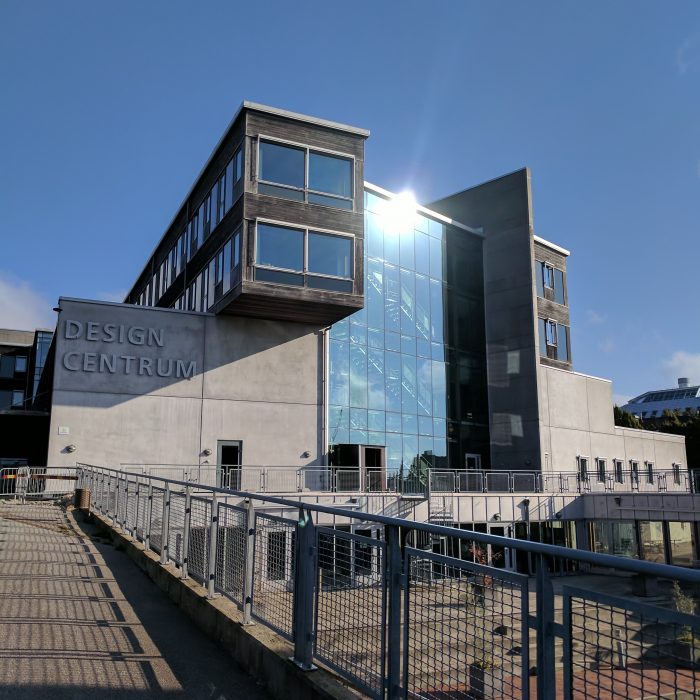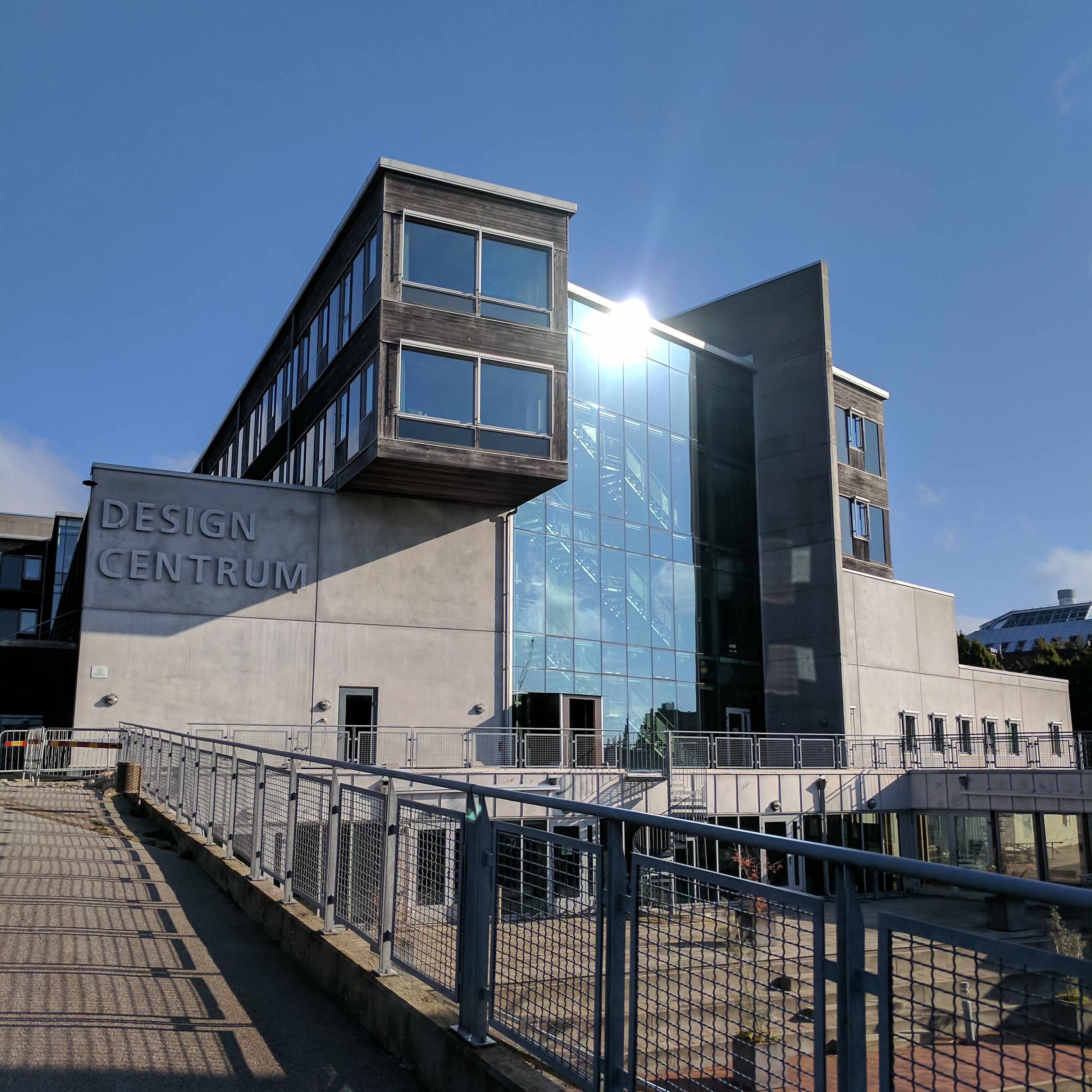About
At Lund University School of Industrial Design (LUSID), we are focused on allowing students to shape themselves as designers. We encourage professional collaboration, pushing the boundaries of design and questioning society to effect change. With our position in Scandinavia, our international focus and our expansive facilities, we have the unique ability to allow students a platform to study remote areas in the field of design. From social activism to new material experimentation, we want to encourage our students to develop creativity and personality to become influential within – and beyond – the field of design.
History
In 1995 a new programme of study “Design Education” was established at the Faculty of Engineering (LTH). In 1999, with strong financial support from the IKEA Stichting Foundation, the program was expanded from 15 to 30 places in the 5 year program and, in 2002, students were housed in the newly built design center. Ingvar Kamprad (founder of IKEA) expressed that the new industrial design programme aimed to be the bridge between aesthetics and technology.
In 2007 the programme was divided into the 3+2 years format that exists today. The Swedish three-year Bachelor’s Programme yields a Bachelor of Arts in Industrial Design, after which students can continue their studies by applying to the Master’s Programme. The two-year, international Master’s Programme would yield a Master of Fine Arts in Industrial Design.
In 1995 a new programme of study “Design Education” was established at the Faculty of Engineering (LTH). Upon completion, students were awarded a “Konstnärlig högskoleexamen i konst och design, 270 hp” “Master of Industrial Design.”
In 1999 the programme was revised and renamed “The Industrial Design Programme”. Students received the same degree but then based on 300 higher education credits. A 30-credit compulsory course, Practical External Training, was added to the curriculum. The number of students admitted was increased by 15 and 30 places were planned for the 5-year programme starting in 1999. This was made possible by strong financial support from the IKEA Stichting Foundation. The motivation for the donation as expressed by Ingvar Kamprad was that the new industrial design programme aimed to be the bridge between aesthetics and technology. Thanks to the donation the students were housed in a new design building, inaugurated in 2002.
In November 2004 as a result of the Bologna Declaration, the Board of Education for the Industrial Design Programme applied to the Board of LTH for permission to divide the programme into a 3-year Bachelor and a 2-year Master’s Programme. At the time there were several government commissions working on the implementation of the Bologna Agreement. The Board of LTH decided to wait for new general implementation directives. The governmental proposition entitled Ny värld – ny högskola suggested that the existing degree “konstnärlig högskoleexamen i konst och design” should be discontinued. On 1 January 2007 the old degree was repealed and the new general degrees “konstnärlig kandidat” and “konstnärlig master” were adopted.
On 29 May 2008 after the evaluation of the original five-year Industrial Design Education and validation of the new three-year Bachelor’s Programme, the vice chancellor of Lund University announced the establishment of a new educational programme of 180 higher education credits leading to a Bachelor of Arts in Industrial Design.
In autumn 2007, the first students were accepted into this programme, graduating in the spring of 2010. Students could then choose to apply to the two-year Master’s Programme.
Faculty
Design means more than assigning superficial qualities to things. Industrial design deals with the conception, development and design of industrially manufactured objects. The Division of Industrial Design offers undergraduate and postgraduate studies in industrial design and conducts basic and applied research projects in collaboration with academic, industrial and public partners. The bachelor and master programmes are delivered within the School of Industrial Design. Our doctoral programme, offers licentiate and PhD degrees in industrial design.
The division is synonym to its international collegium with expertise and experience from practice and research in multiple areas.
Facilities
In the School of Industrial Design we have pride in having two well-kept workshops – the Metal Workshop housed in IKDC and the Wood Workshop housed in A-Huset. Also, students have access to a fully equipped photo studio for practicing product photography. The design library contains resources related to industrial design studies, including reference literature and course materials.

